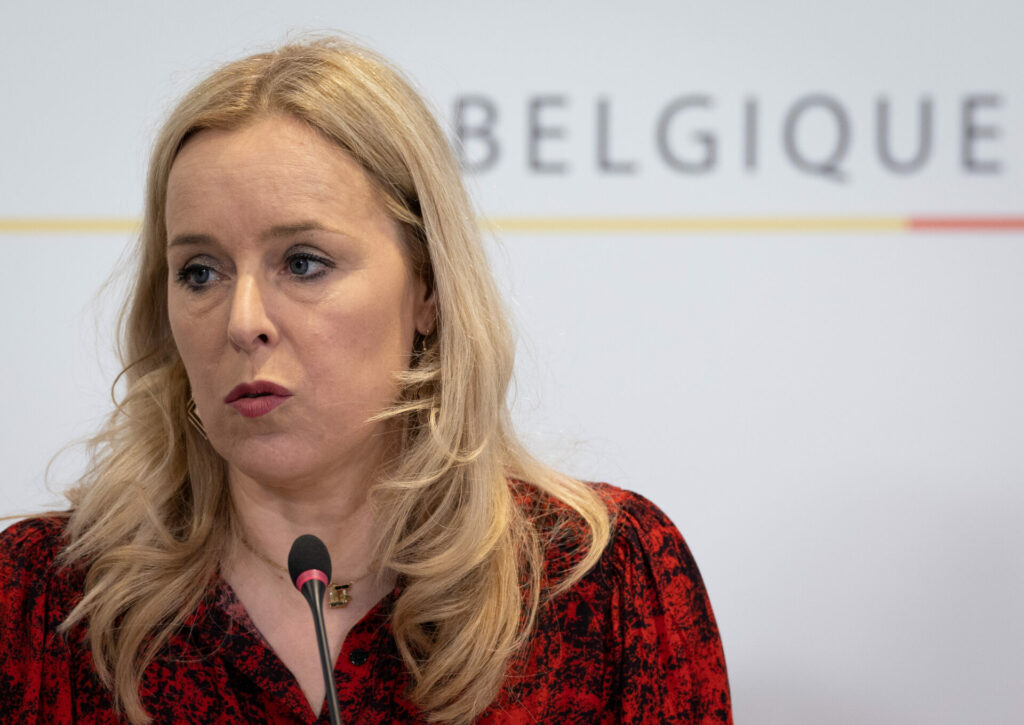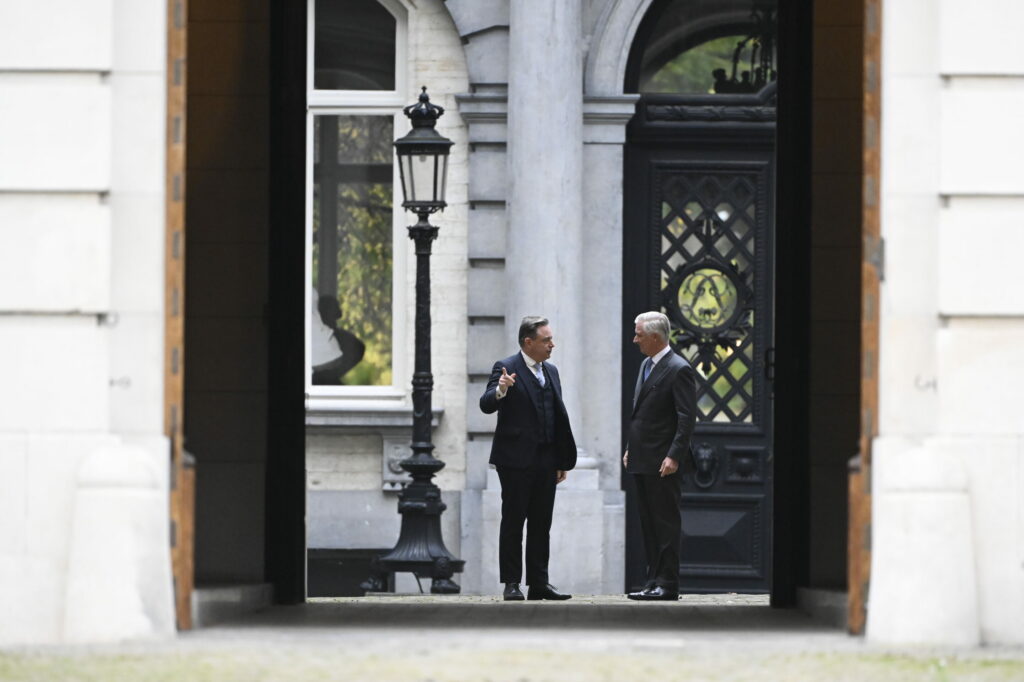On day 169 without a Belgian Federal Government, formator Bart De Wever (N-VA) is again expected at the Royal Palace on Monday. Last time, he received a two-week extension to break the impasse in the negotiations.
The five parties hoping to form a Federal Government – N-VA, CD&V, Vooruit, MR and Les Engagés – returned to the negotiating table on Monday 18 November. This was progress in itself as talks had previously collapsed when the Flemish socialists of Vooruit walked out of discussions, arguing that the proposals on the table leaned too much to the right.
Last Monday, they rejoined talks after accepting De Wever's ultimate proposal. Since then, the five parties have been working against the clock to find an agreement on the country's budget for 2025 as soon as possible. They are aiming for a coalition agreement before the end of the year, although none of the party leaders wants to commit to a concrete date.
Either way, getting a fully-fledged budget voted through parliament before 31 December will not be easy, even if they work through the Christmas holidays.
'Just not possible'
The themes from De Wever's controversial socio-economic "supernote" have yet to be broached. These include the budget and everything needed to get it back on track: reforms in taxation, the labour market and pensions. These discussions are reportedly only foreseen after the formator's visit to the King, who will almost certainly extend De Wever's assignment now that negotiations have really taken off.
Over the past week, negotiators have refused to (openly) engage with the press so as not to jeopardise the difficult discussions, but critics believe the possibility of approving the budget in time seems slim.
"On a technical level, drafting a complete budget that already includes all planned reforms takes several months," said Eva De Bleeker, leader of the Flemish liberal Open VLD party, on Flemish television on Sunday. She was State Secretary for the Budget under Prime Minister Alexander De Croo from October 2020 to November 2022.
"When I was appointed on 1 October, people already said it would be very tight to draw up the budget for the next year in just three months' time," De Bleeker said. "Now there is only one month and one week left. That is just not possible."

New Open VLD leader and former State Secretary for the Budget Eva De Bleeker. Credit: Belga/Benoit Doppagne
If a budget agreement is not found in time, all government administrations will have to continue on a temporary rhythm of so-called "provisional twelfths" next year. This means that every month, the Federal Government will only be able to spend one-twelfth of its total expenditure for 2024 (plus indexation) – allowing it to still meet key costs, such as wages or paying invoices.
Federal negotiator Jan Jambon (N-VA) previously indicated that he is taking such a scenario into account. "The schedule is gradually becoming very tight. If we do not manage to form a government quickly, we will have to work with provisional twelfths for a short period."
This would also mean that certain (fiscal) reforms will not be implemented in time and will therefore be delayed another year.
Crunch time
Preparations have started: outgoing Prime Minister Alexander De Croo (Open VLD) and his seven Deputy Prime Ministers are meeting to discuss the scheme on Monday. In consultation with De Wever, De Croo is working on the adoption of provisional twelfths for the first three months of 2025. The mechanism would then end as soon as the new government is installed.
However, the temporary arrangement must be approved by the Council of Ministers and passed on to the Council of State before it can be passed on to Parliament, which is holding its last plenary meeting of the Chamber on 19 December.
If no new government is ready to draw up a budget on Friday 29 November, De Croo will continue with these provisional twelfths.

